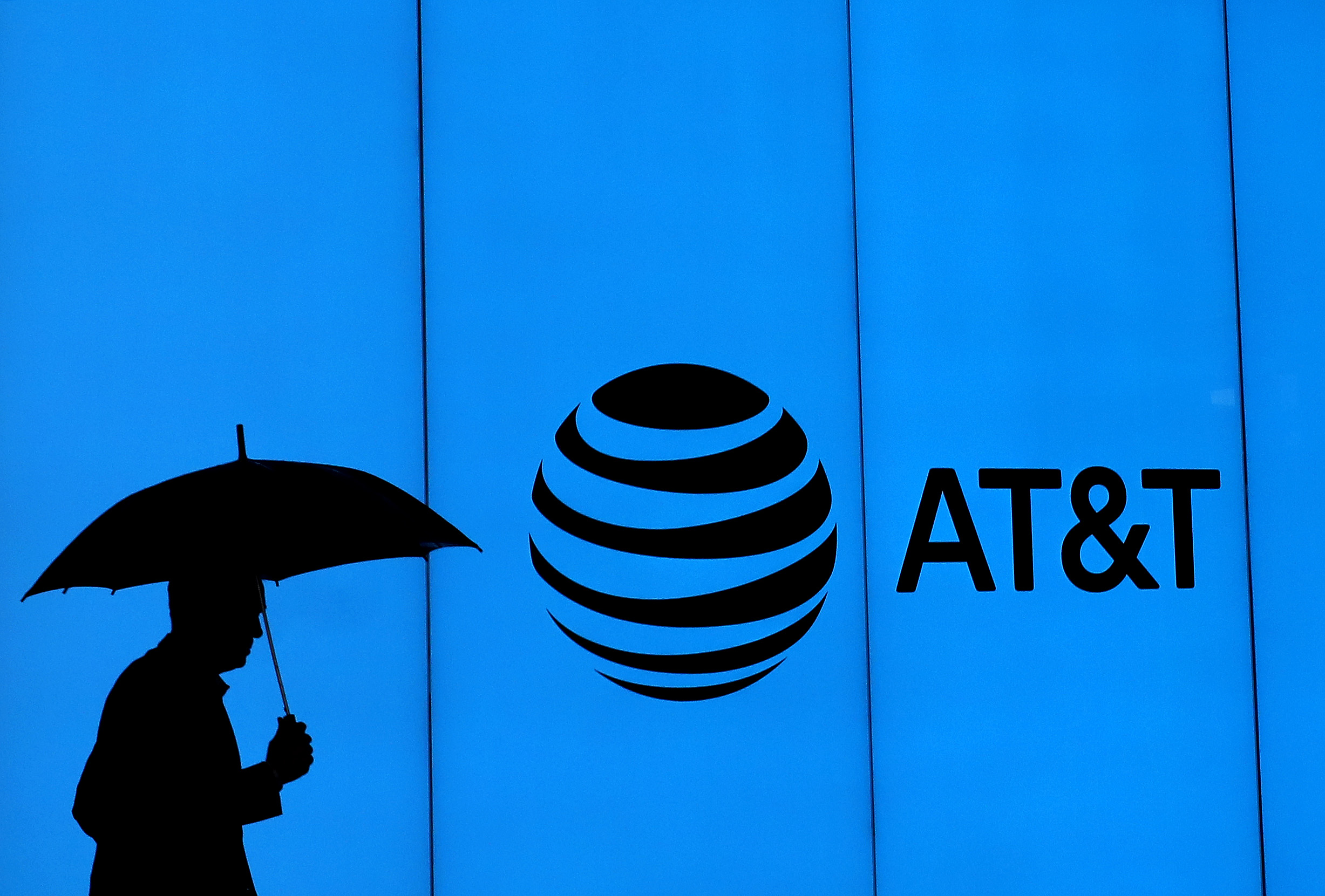AT&T has completed its spinoff of DirecTV after six years of mismanagement in which nearly 10 million customers ditched the company's pay-TV services.
AT&T bought DirecTV for $49 billion ($67 billion including debt) in July 2015 even though DirecTV and other traditional TV services were already losing subscribers in the face of competition from online streaming. Customer losses were inevitable, but DirecTV's losses under AT&T ownership went far beyond anything experienced by other major TV providers.
AT&T revealed the spinoff plan in February and announced the deal's completion yesterday. AT&T partnered with private-equity firm TPG to create a new company called DirecTV, which "will own and operate the DirecTV, AT&T TV, and U-verse video services previously owned and operated by AT&T," the announcement said.
AT&T will no longer run DirecTV, perhaps allowing it to succeed under better management. But AT&T will own 70 percent of the new company's stock, with TPG owning the other 30 percent. AT&T will receive $7.1 billion in cash to help pay down its debt, which consists of $160.7 billion in long-term debt and $19.5 billion of debt maturing within one year. TPG paid $1.8 billion for its 30 percent stake.
AT&T’s massive customer losses
In one period of just over four years, AT&T lost more than 9.5 million customers from its Premium TV services division, which includes DirecTV satellite, U-verse wireline video, and the newer AT&T TV online service. The category decreased from over 25 million subscribers in Q1 2017 to 15.4 million halfway through 2021. AT&T continually raised prices and eliminated promotional deals as the company sought a higher average revenue per customer but fell from first place to third in total TV subscribers.
DirecTV's value rapidly declined under AT&T's stewardship, as the company reported a $15.5 billion impairment charge in January 2021. AT&T last month said the DirecTV/TPG deal will lower AT&T's expected revenue for the remainder of 2021 by $9 billion. The DirecTV deal will also lower AT&T's expected EBITDA (Earnings Before Interest, Taxes, Depreciation, and Amortization) by $1 billion.


 Loading comments...
Loading comments...
